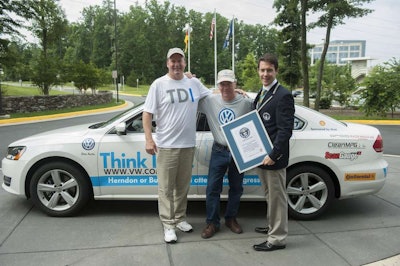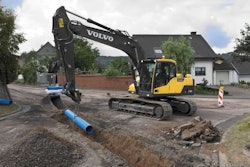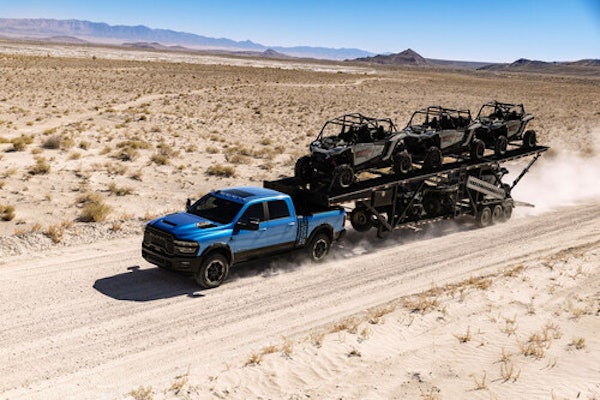 This diesel-powered Volkswagen Passat TDI recently set the world record for best fuel economy on a U.S. wide road trip.
This diesel-powered Volkswagen Passat TDI recently set the world record for best fuel economy on a U.S. wide road trip.Over the 4th of July weekend—while you were busy polluting the air with your holiday grilling—you might have missed this well-documented piece on the environmental effects of the electric car, called “Unclean at any speed.”
It does a good job of eviscerating what is now a lie so commonly told that most people believe it: that battery-powered and hybrid-electric vehicles such as the Fiskar Karma, Toyota Prius and Nissan Leaf are emissions-free and better for the environment than their fossil-fueled counterparts.
Most people who know something about how things work, knew this was wrong from the get-go. The term cynics like me used early on was that electric and hybrid vehicles were “coal powered.”
To be fair, coal only generates just 40 percent of our electricity in the U.S. And President Obama’s recent green initiative is going to force that number down—and your power bill up. Nuclear, natural gas, hydro-electric and a tiny bit of solar and wind power make up the rest of our electricity generation and those are considerably cleaner than coal. But in total some almost 80 percent of our electricity comes from fossil fuels. The emissions that power electric cars don’t go out the tailpipe, but they most certainly go up the smokestack.
Still, “Unclean at any speed,” does a good job of quantifying the environmental impacts of battery production and disposal and the other impacts the neo-greens have failed to take into account. It also points out the absurdity of giving government grants, subsidies and tax breaks for electric vehicle buyers like Leo DeCaprio and his $100,000 Fiskar Karma. Like he needs a tax break.
Anybody who works on cars or vehicles know that batteries have bad ju-ju. They’re full of toxic lead and sulphuric acid, and today’s lithium ion batteries aren’t exactly food for unicorns either as “Unclean at any speed” makes clear. Even scarier is the danger these high-voltage systems pose to fire and rescue personnel, not to mention occupants and bystanders, when these cars get torn up in accidents.
What an ironic horror movie that would make: a group of Greenpeace activists plunge their electric car off a structurally deficient bridge and electrocute a bunch of school kids wading in the river during an ecology field trip. It could happen. It probably will.
Volkswagen today is getting ready to produce a 73.5 mpg diesel passenger car. Bosch-Rexroth and other transmission and component manufacturers are doing amazing work squeezing more mechanical efficiency out of drivetrain components. Cat unveiled an all-hydraulic hybrid excavator this spring.
Even if people in the automotive and equipment industries aren’t concerned with carbon emissions and global warming, everybody in the fossil fueled world is getting behind the drive for fuel efficiency. What all those big-city enviro-yuppies who’ve never touched a socket wrench and who learned all their science from books by Al Gore don’t yet realize is that people who are going to green the future are the ones who spent the weekend with grease stained hands tinkering with their machines. And had a big,charcoal-grilled hamburger afterwards.








